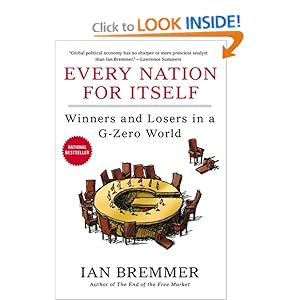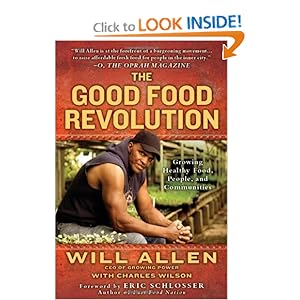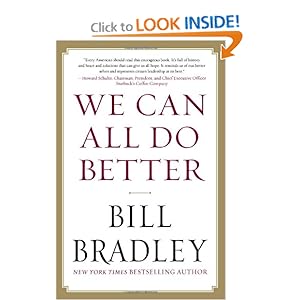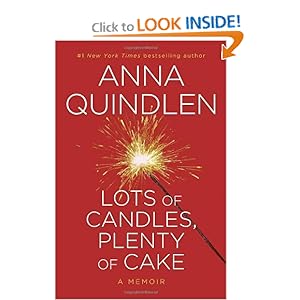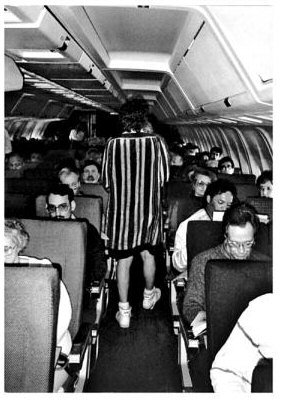Lsbcal
Give me a museum and I'll fill it. (Picasso) Give me a forum ...
I am almost never fascinated enough to buy a newly published book but the 60 minutes interview with Hank Crumpton is sorely tempting: Hank Crumpton: Life As A Spy | digtriad.com
The book is available now: Amazon.com: The Art of Intelligence: Lessons from a Life in the CIA's Clandestine Service eBook: Henry A. Crumpton: Kindle Store
This could be my first Kindle (for the Fire) book purchase.
The book is available now: Amazon.com: The Art of Intelligence: Lessons from a Life in the CIA's Clandestine Service eBook: Henry A. Crumpton: Kindle Store
This could be my first Kindle (for the Fire) book purchase.

